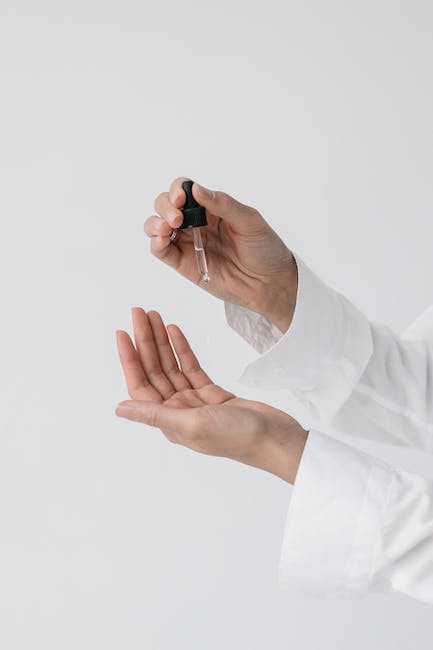
Contents
Where is Giardia most commonly found in the world?
Giardia in Humans: A Look at Causes, Symptoms, Treatment and Health
Giardia, or Giardia lamblia, is a microscopic parasite that can cause gastrointestinal illness in humans. It is a single-celled organism that is protected by an outer shell, called a cyst. Giardia is found in soil, food, and surface water, and is spread through fecal contamination.
Causes
Giardia is found in soil, food and surface water, and is spread through fecal contamination. People can get it from contact with infected animals, contaminated food or drinks, or contact with an infected person. Ingestion of water or food contaminated with Giardia cysts or contact with infected humans or animals usually causes the infection. Poor hygiene can also contribute to exposure to the parasite.
Symptoms
The most common symptom of Giardiasis is a mild to severe abdominal pain and diarrhea. Other symptoms can include:
- Bloating
- Foul-smelling, greasy stools
- Nausea
- Loss of appetite
- Weight loss
- Fatigue
Treatment
Giardiasis is treated with medications such as metronidazole, tinidazole or nitazoxanide, depending on the severity of the infection. Experts recommend that all people with symptoms of Giardia should be tested and treated.
Health
Giardia infections can cause long-term health problems such as Vitamin B12 and Iron deficiency, chronic fatigue and poor digestion. In addition, a long-term infection can present a greater risk for more serious infections. It is important to treat Giardia infection in order to avoid these long-term problems.
Giardia in humans can cause painful symptoms and long-term health problems if left untreated. It is important to practice preventive measures such as proper handwashing and avoiding ingestion of contaminated food or water. If you experience any of the symptoms of Giardia infection, seek medical help for diagnosis and treatment.
